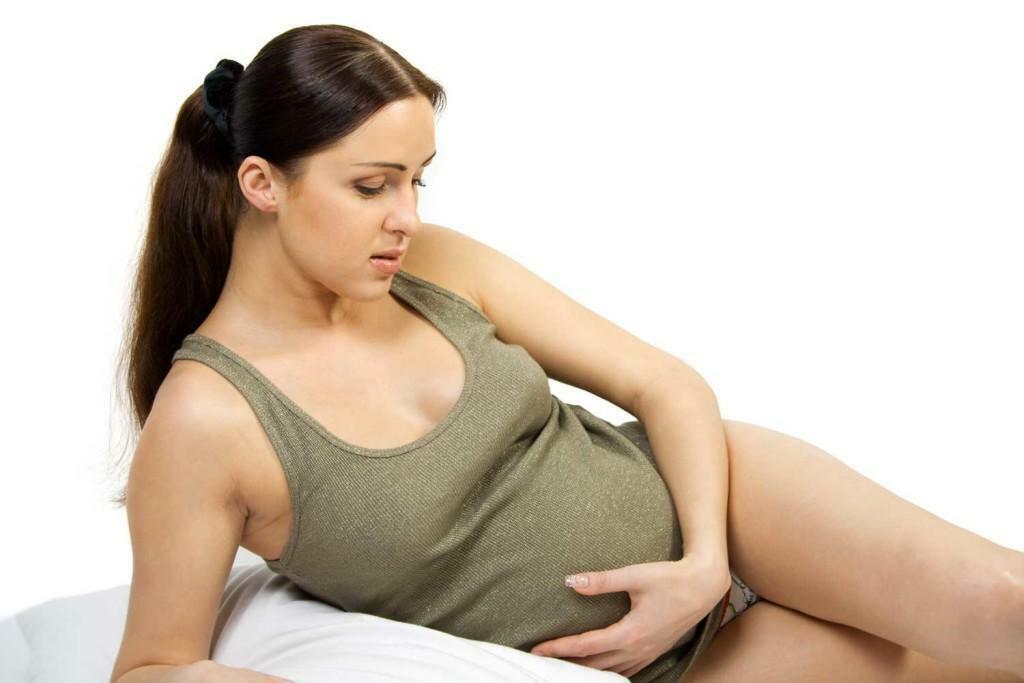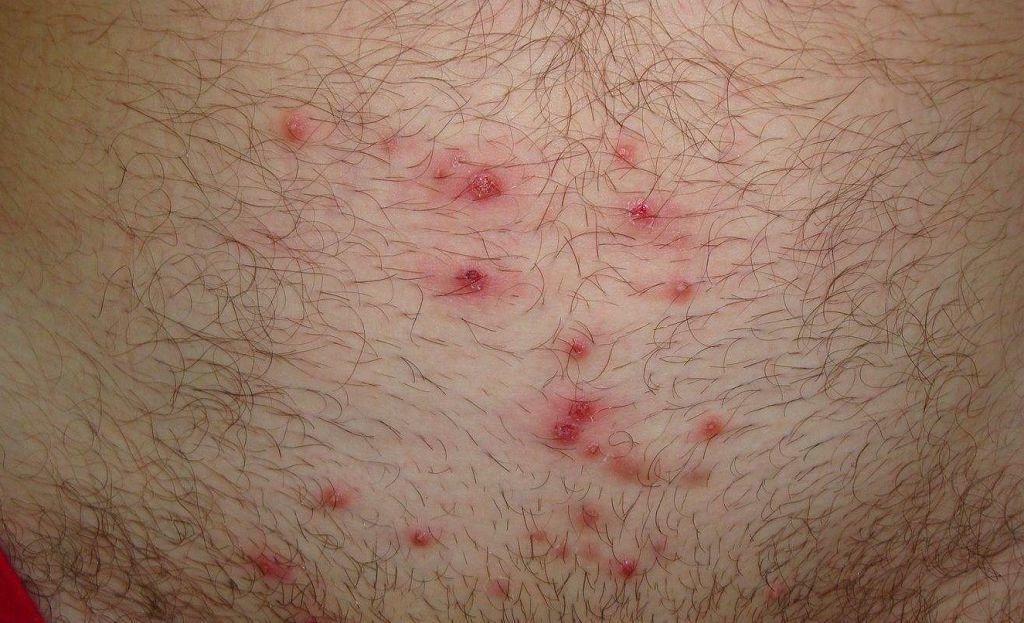Sepsis - a severe infectious process, which is formed as a result of permanent residence or periodic contact with different kinds of pathogens in the human circulatory system. The clinical picture is dominated by symptoms of the work of the whole body, rather than a local reaction.
Overview
Septic condition usually is secondary. That is, in the beginning there is the primary focus, for example, the festering wound, and only because of her infection can get into the patient's blood. One of the main conditions of the disease is the disruption of the immune system. Most often, the symptoms of sepsis in adults develops as a result of a variety of medical procedures. It may be surgery, catheter insertion, gynecological manipulations or injection.

Causes
- The presence of focal infection in the patient.
- Conducting medical procedures of all kinds. It can be not only operations, but also diagnostic tests, injections, gynecological manipulations, including obstetrics.
- Various disorders in the immune system, leading to a lack of adequate immune response to the penetration of the infectious agent into the bloodstream.
- Have the patient related diseases which affect the immune and metabolic processes in the body. It may be diabetes, cirrhosis of the liver, Cancer and other diseases.
- The specific drug therapy, for example, the use of cytotoxic drugs.
- Inadequate antibiotic or hormone anti-inflammatory therapy.
- Use of a therapeutic or diagnostic medical purpose synthetic materials of various catheters, and urinary drainage tubes etc.
- The patient's age. More often than not develop sepsis in adults and in infants and elderly patients.
Classification
In epidemiological terms when describing this pathology are the following types:
- Nosocomial infection. It develops as a result of surgical, gynecological, diagnostic or other medical procedures that occur after care.
- Community-acquired infection. The reason for getting any infectious disease, for example, intestinal infection, meningitis, ENT pathology and t. D.
Depending on the speed of development of the infectious process are the following types of septic states:
- fulminant sepsis, which occurs within three days after infection with pathogens;
- acute, wherein the clinical symptoms develop not earlier than one week after the detection of the primary site of infection;
- subacute septic state is formed from a week and up to four months;
- chronic sepsis in adults will be considered when the first symptoms are not earlier than six months; it usually develops in immunocompromised patients of different etiology.
According to the features of clinical symptoms of sepsis is isolated:
- toksimiyu at which develops systemic inflammatory process caused by the spread of infection from the primary lesion;
- septicemia, which is characterized by the absence of formation of secondary septic foci;
- septicopyemia, with her such lesions are present.
symptoms of sepsis

- The incubation period inherent in any infectious process, no.
- The disease begins with the fast development of acute intoxication.
- Observed fever with temperature uncharacteristic type of curve, i.e., there may be periods unmotivated rise to febrile temperature target value, followed by a fall to subfebrile index.
- The patient is weakened, flaccid, with more severe brain damage may develop up to a coma.
- It is fast enough to develop symptoms of malnutrition, which will be expressed in the reduction of body weight, violation of muscle and skin turgor.
- As a result of acute intoxication often develop dyspeptic symptoms, which are expressed in nausea, vomiting and defecation disorders.
- Impaired blood circulation on surface vessels. This appears to change the color of the skin. The patient often pale, and in more severe skin becomes sallow. Appear hemorrhagic rash. The patient complains of the appearance of shortness of breath and a decrease in the number of detachable urine per day.
- Gepatolienalny evolving complex (for examination reveals an enlarged liver and spleen).
- Revealed pathological changes in the internal organs. Can develop respiratory and acute cardiovascular failure.
- Clinical manifestations of the pathological process in the input gate infections become more pronounced.
Symptoms of sepsis in adults are no different from the symptoms of elderly patients and children.
Diagnostics

The preliminary diagnosis is based on the following data:
- the presence of primary focus of infection - "input gates" sepsis pathogen;
- Clinical manifestations symptomatic of septic-state;
- appearance of secondary foci of infection.
The following laboratory tests are conducted to confirm the diagnosis:
- Three times the bacteriological examination of blood for sterility. To increase the likelihood of agent release material is shown in the temperature elevation period.
- Bacteriological examination chamber separated from the initial infection.
- To identify susceptibility testing to antibiotics is conducted antibiogram.
- General blood and urine analysis.
Treatment
- Hospitalized patient depending on the severity of a profile compartment (surgical, gynecological, pulmonological et al.) Or in resuscitation.
- produced causal and symptomatic therapy before receiving antibiotikogrammy.
- Assigned drugs that stimulate the immune system.
- In the diagnosis of severe intoxication conducted detoxification activities.
- If the detected violations or changes in the internal organs, conducted an adequate state of intensive therapy.
- Upon receipt of the results of bacteriological research assigned causal antibiotic therapy, usually in a suitable maximum dosage of drug sensitivity. Thus the main criterion of efficacy of treatment will be positive, symptomatic and laboratory confirmed speaker.
- Prescribe anti-inflammatory therapy with glucocorticoids and the nonsteroidal anti-inflammatory drugs.
- In identifying violations of the nervous system and the development of infectious-toxic shock conduct anti shock therapy.
- If recorded the development of serious pathological conditions of the gastrointestinal tract, the patient is transferred to parenteral nutrition and hydration is carried out of the event.
- In case of violation of the cardiovascular system is made medication relief of developing heart failure or arrhythmias.
- If necessary, surgery is performed in inflammation foci.
prevention

- Implementation of preventive measures during surgical procedures of varying complexity, as well as curative or manipulation-finding, which may lead to infection of the body by pathogenic microorganisms, protozoa, fungi, worms or viruses.
- Compliance with all aseptic and antiseptic techniques in health care at all levels.
- Prevention of nosocomial infection of the patient.
- Timely therapy foci of purulent infections of different etiology.
- Adequate therapy of infections of various localization, wound surfaces, as well as burns.
Forecast
Positive outlook for recovery at various septic conditions largely depends on the following factors:
- species and virulence characteristics caused disease microflora;
- overall health of the patient, including the presence or absence of accompanying pathologies, and the state of the immune system;
- timely and correctly prescribed treatment.
It should be noted that sepsis occurs quite hard. Mortality rates depending on the type and nature of the flow can reach 50%, and is even higher in the development of septic shock states. The most severe disease occurs in the elderly and infants.
Found a bug? Select it and press Ctrl + Enter



